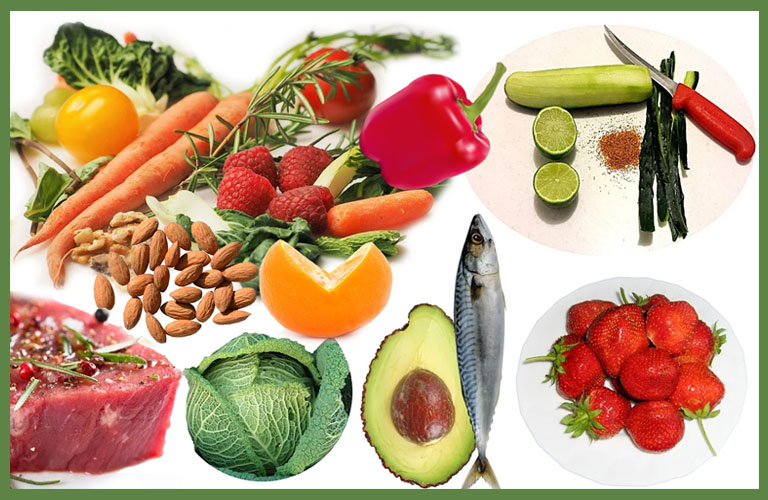Prevent and fight disease with proper nutrients and good health habits
Nutrients
Nutrients are elements in foods that are required for the energy, growth, and repair of tissues and regulation of body processes. Essential nutrients like carbohydrates, fats, proteins, vitamins, minerals, dietary fibre, and water must be consumed in adequate quantities on a regular basis. The most effective way to take in adequate amounts of nutrients is to eat a balanced diet with variety of foods from different food groups included daily.
While most people know that eating the right foods in the proper amounts is essential for good health, not everyone is giving their body proper nourishment and attention it needs.
Nourishing your body with nutrients directly from food is essential to good health and feeling your best on a foundational level. Sometimes, in order to treat certain health concerns, other natural substances may need to be given at therapeutic doses that are too high to obtain from food alone. If that is the case, specific supplements may be needed in order to make sure that key nutrient levels are back on track. A doctor, dietitian or other health care professional can assess the diet and make relevant recommendations.
Check the links below to find more information:

Did you Know?
Fruit like blackberries, blueberries, strawberries and plums have high total antioxidant capacity and are excellent choices to protect against free radicals and great nutrition to plump the skin.
Omega-3-rich foods like salmon, wild caught fish, nuts, chia and flax seeds deliver essential fatty acids that create healthy cell membranes and ensure a protected passageway for nutrients in the body and skin.
Green tea has anti-inflammatory properties and will reduce water retention and bloating.
Nothing will benefit human health and increase chances for healthy life as much as healthy diet.
Did You Know?
Nutrition field of study focuses on foods and substances in foods that help animals (and plants) to grow and stay healthy. Nutrition science also includes behaviors and social factors related to food choices.Your small intestine does most of the digesting of the foods you eat. If you have a malabsorption syndrome, your small intestine cannot absorb nutrients from foods.
Symptoms of different malabsorption syndromes can vary. They often include chronic diarrhea, abnormal stools, weight loss, and gas. Your medical care provider may use lab, imaging, or other tests to make a diagnosis.
Obesity means having too much body fat. It is different from being overweight, which means weighing too much. The weight may come from muscle, bone, fat, and/or body water. Both terms mean that a person's weight is greater than what's considered healthy for his or her height.





